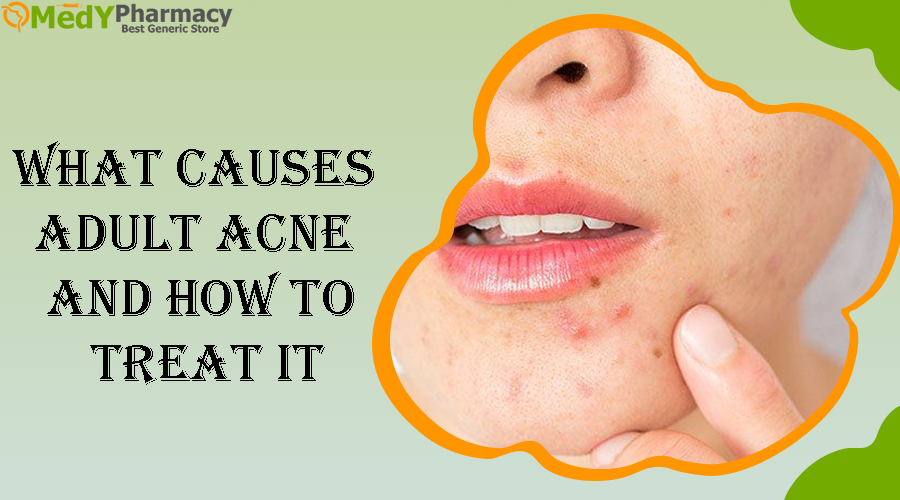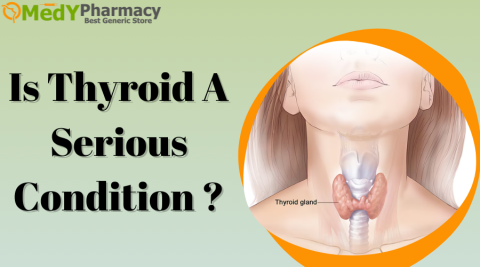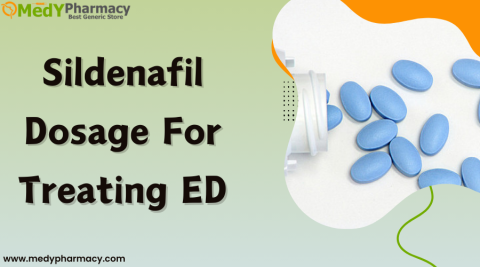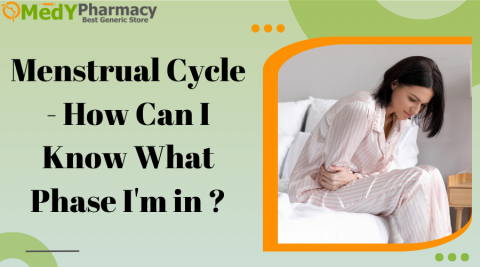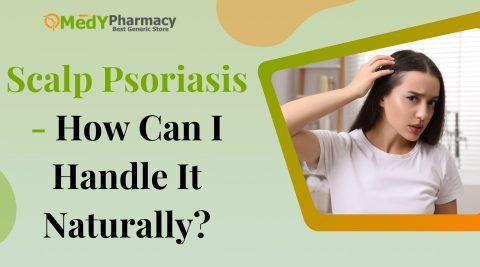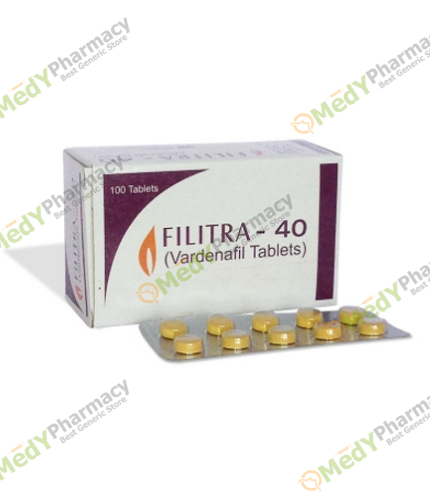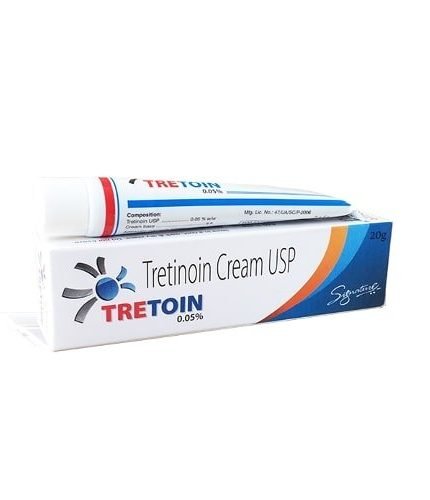Introduction Acne:
Adult acne, also known as hormonal acne, most commonly appears on the chin and jawline, but it can occur anywhere on the face. It’s also prevalent on your chest, shoulders, and back. Many people believe that acne is primarily a teen issue, although it may occur at any time in our lives. We see a lot of acne before and throughout adolescence, when hormones initially enter the system — but we also see acne in people’s 30s, 40s, and 50s, especially around the mouth.
What’s the cause of adult acne?
Adult acne, often known as post-adolescent acne, develops after the age of 25. The same elements that produce acne in adolescence also contribute to adult acne. Excess oil production clogged pores from “sticky” skin cells, bacteria, and inflammation are the four direct contributors to acne.
Some indirect elements influence the aforementioned direct factors, like
- Women’s hormones, stress, and menstrual cycle can all influence oil production.
- Hair products, skin care products, and makeup can block pores.
- Dietary factors can influence inflammation throughout the body.
The main causes of adult acne
Adult acne is primarily caused by:
- Genetics: If both parents have acne, three out of four children may get breakouts.
- Hormone alterations: Adult acne may be caused by elevated testosterone levels. Women who have frequent hormonal swings may be particularly vulnerable.
- Processed foods: While there isn’t much evidence to support this claim, Dr. Babcock urges patients to limit their consumption of processed meals.
- Stress: Stress causes hormonal changes that might contribute to acne.
Adult acne causes include
Puberty represented the first surge of hormones, ushering in the transformation from child to adult — and bringing acne along for the ride. However, hormones do not disappear as you get older. Hormonal shifts can still cause havoc on your skin, just like they did when you were younger.
Menopause is a prominent reason, but other hormonal disorders might also contribute to acne. Later outbreaks, such as those during adolescence, are influenced by hormones.
Pregnancy
Pregnancy hormone swings can cause a variety of physical changes, including acne. It may clear up as your pregnancy proceeds, or it may persist into postpartum acne.
Menopause
Menopause reduces estrogen levels while increasing androgen, stimulating your skin’s natural oil production. Acne is exacerbated by excess oil.
Polycystic ovarian syndrome.
Acne is one of the symptoms of polycystic ovarian syndrome (PCOS), a hormonal imbalance that can lead to irregular periods, excessive hair growth, and even weight gain. People with PCOS frequently have excessive testosterone levels in their bodies, which can lead to unpleasant cystic acne.
Stress
Stress can have a wide range of effects on your body, including exacerbating pre-existing skin conditions. Why? Because, as you might expect, it generates hormonal swings, particularly cortisol, the stress hormone. Stress, in addition to other problems, can exacerbate any skin disease, according to Zamborsky. Adopting good stress-management techniques can benefit your skin.
Treatments for adults with acne
- HydraFacial
- Isolaz (Blue Light Therapy)
- Peels that include chemicals
- Laser Peel
Medications
Going off birth control: Because estrogen-containing birth control alternatives can help suppress some hormonal acne, it’s not uncommon to develop acne when you stop taking birth control and your hormones return to normal.
Testosterone therapies: In certain people, testosterone treatments (including anabolic steroids) can increase the production of sebum, an oily substance that keeps your skin from drying out – but too much sebum can cause acne. It may only be temporary while your body responds to the treatment.
Other drugs: Acne can be a side effect of a variety of medications, including anticonvulsants, which are anti-seizure medications; corticosteroids, which are commonly recommended for rheumatologic illnesses; and lithium, which may be prescribed for bipolar disorder. Accufine 5 tablets can be used for adult acne.
Lifestyle Factors
Some of your ordinary actions can also have an impact on the condition of your skin. Using greasy hair and skin care products. Can clog hair follicles and cause acne. A high-sugar and dairy-based diet may also contribute.
Is there an effective treatment?
Yes. Prescription medicines are the most effective therapy options for adult acne. Your dermatologist can suggest the most effective medication. Topical medicines, cleansers, moisturizers, and Contractubex Gel may all be used to treat the condition.
Acne is a medical disease, so seek medical help as you would for any other. Consult a board-certified dermatologist. Almost any type of acne may be treated and controlled at any age with professional assistance and a little patience.
The best remedies for adult acne
Sometimes all you need is a healthy skincare routine. Other times, you need to consult a dermatologist for personalized advice and possibly prescription medicine. Here’s where to start.
High-tech approaches
Light treatment, often known as PDT, employs lasers to cure acne. Some people report that it hurts. Lights can also be used for vacuum treatment. Both of these choices can be pricey.
Avoid popping pimples. Your dermatologist is likely to be able to treat the condition in their office.
Zeitenberg’s acne is under control after years of battling with various treatments. She cleanses her face twice daily, morning and night, and applies retinoid or benzoyl peroxide wash as needed.
Look for a mild cleanser
It can be difficult to navigate through all of the different skin care components available on the market today, and knowing what to avoid is just as important as understanding what to use.
When pimples form, don’t hurry to the Accufine 30 drugstore to buy the strongest acne treatment medication on the shelf, since this may irritate your skin further. While such treatments can benefit teenagers with newly oily and supple skin, they can be far too drying for older skin.
If over-the-counter medications do not work for you, consult a dermatologist for a prescription remedy.
Consult a dermatologist.
A dermatologist will examine your acne to determine the underlying reason, and from there, they will devise a focused treatment plan that addresses your difficulties.
If it appears to be hormone-related, we may treat it with hormonal therapy, such as conventional oral contraceptive pills or spironolactone. If the acne is severe, we may try other oral medicines.
Last Word:
Erytop Gel can also be used to treat acne in adults. Acne can leave black marks on the skin and indentation scars. Breakouts can also have negative effects on self-esteem and emotional well-being. The appropriate treatment can have a significant impact on both your physical and mental well-being. This may be acquired online at Medypharmacy.com for a fourth of the price, and it provides Acne treatment.







